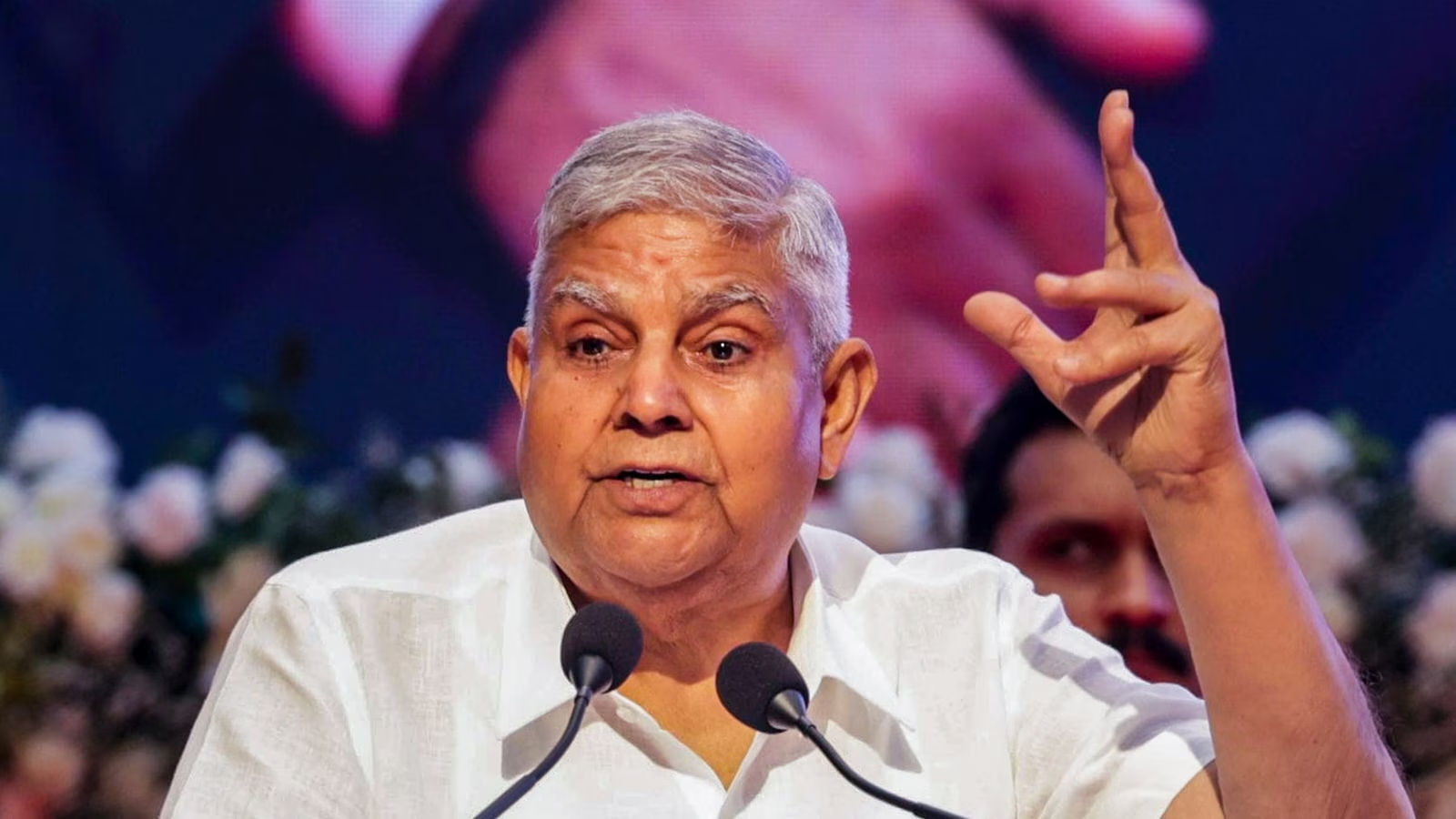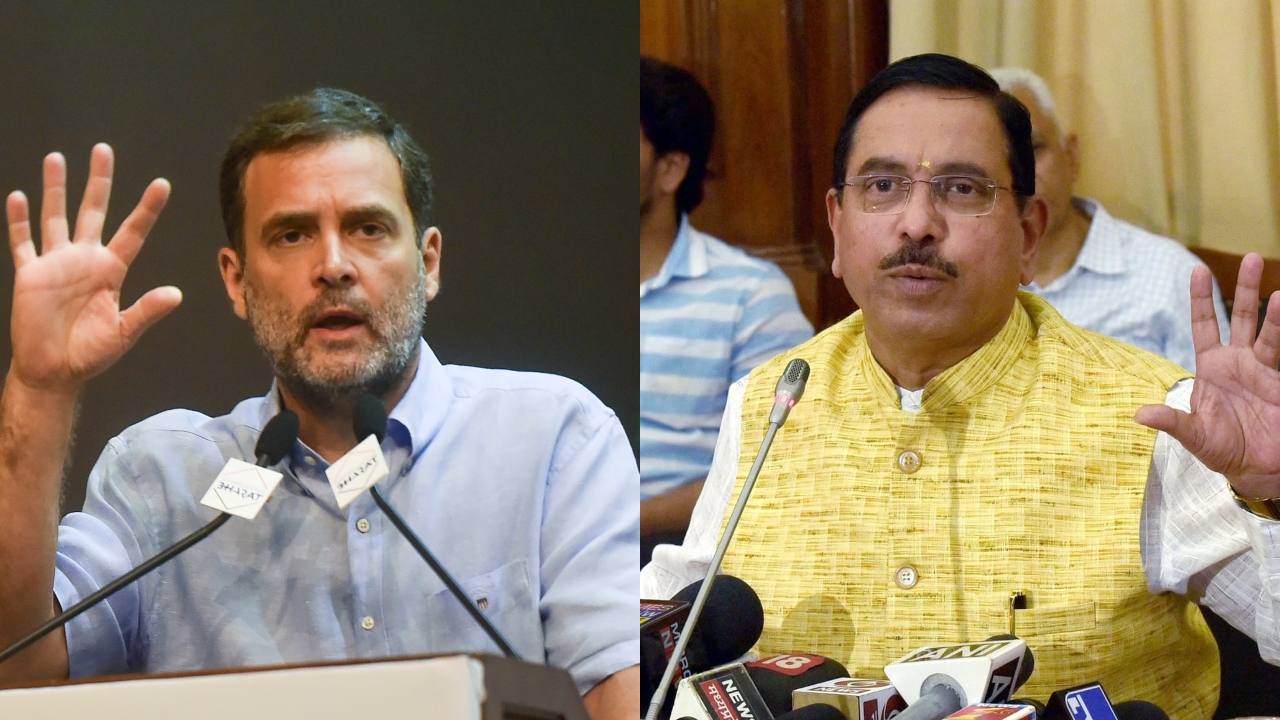Now Reading: Congress Takes a Dig at Jagdeep Dhankhar Over Sudden Resignation and Judge Removal Notice
-
01
Congress Takes a Dig at Jagdeep Dhankhar Over Sudden Resignation and Judge Removal Notice
Congress Takes a Dig at Jagdeep Dhankhar Over Sudden Resignation and Judge Removal Notice

In an abrupt political twist, former Vice President Jagdeep Dhankhar resigned shortly after admitting an impeachment notice against Judge Yashwant Varma in the Rajya Sabha. Congress leader Jairam Ramesh has seized upon the timing, calling it curious that Dhankhar handled the motion mere hours before stepping down. The episode has stirred speculation, highlighting parliamentary tension—and for citizens in smaller towns, it’s a reminder of how even abrupt shifts in Delhi ripple across the country.
The Controversy Unfolds
On July 21, Dhankhar, acting as Rajya Sabha chairman, accepted a notice backed by 63 opposition members seeking Judge Varma’s removal. Just hours later, he announced his resignation, citing health issues.
Congress’ Pointed Remark
Jairam Ramesh flagged the tension between Dhankhar’s actions and the timing of his resignation. He highlighted that the notice hasn’t been expunged and remains part of parliamentary records, suggesting more than just coincidence.
Parliament Moves the Process Forward
Meanwhile, the Lok Sabha took up a bipartisan version of the impeachment notice, supported by around 150 members. A committee has now been formed to investigate the allegations, setting the process formally in motion.
Why It Matters Beyond New Delhi
For citizens of Tier 2 towns, this is more than political theatre—it affects trust in democratic institutions. When high-level resignations happen so close to critical decisions, it raises questions about transparency and accountability that resonate everywhere.
Conclusion
Jagdeep Dhankhar’s sudden exit immediately after advancing a major impeachment motion has raised more eyebrows than answers. For many across India, especially in smaller cities, this episode is a stark reminder: in democracy, timing isn’t just plot—it’s power.

























